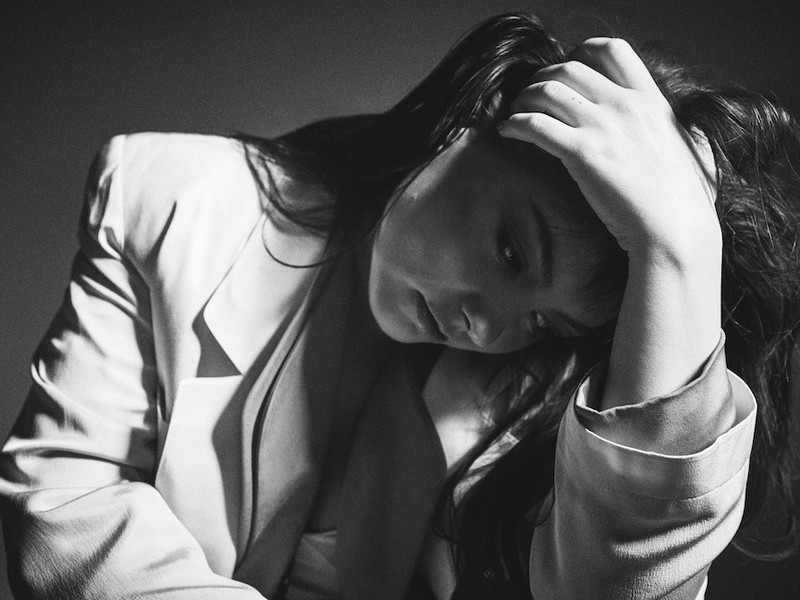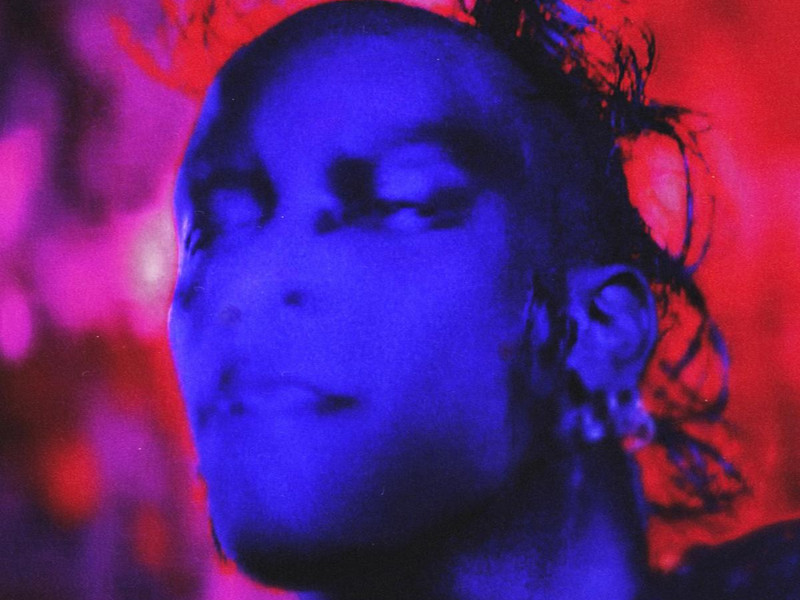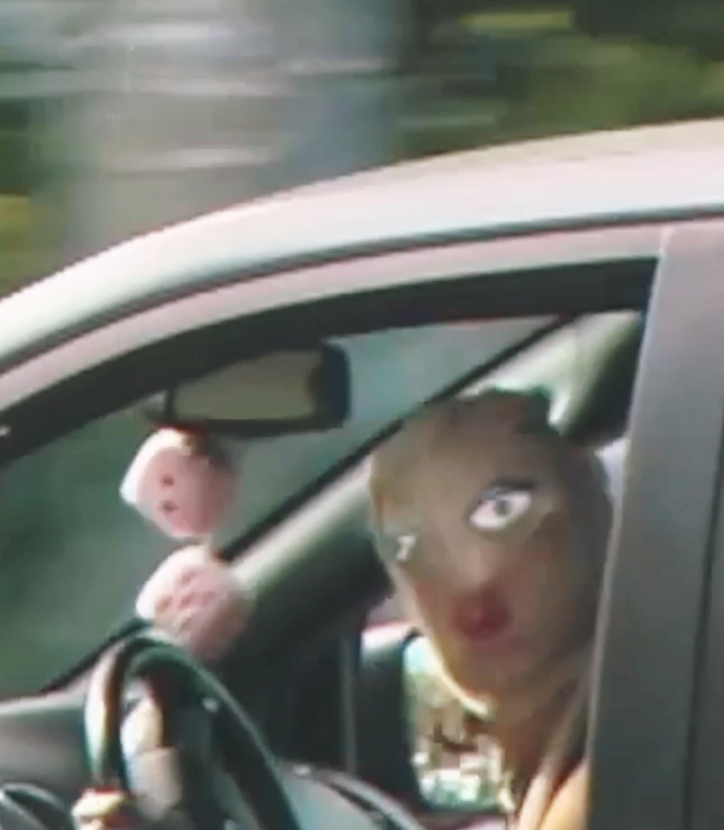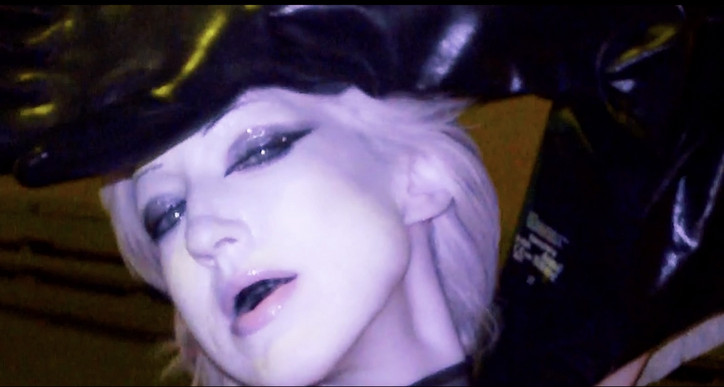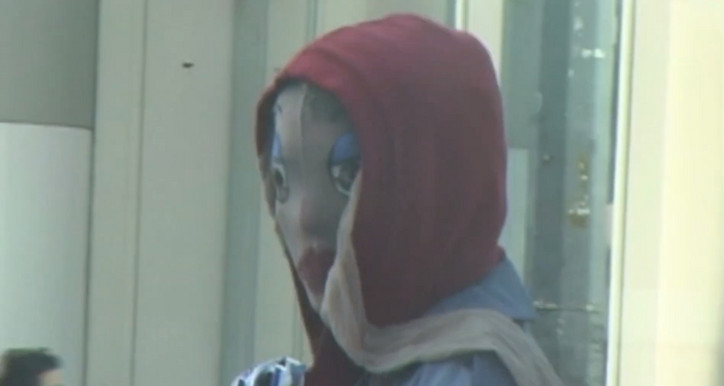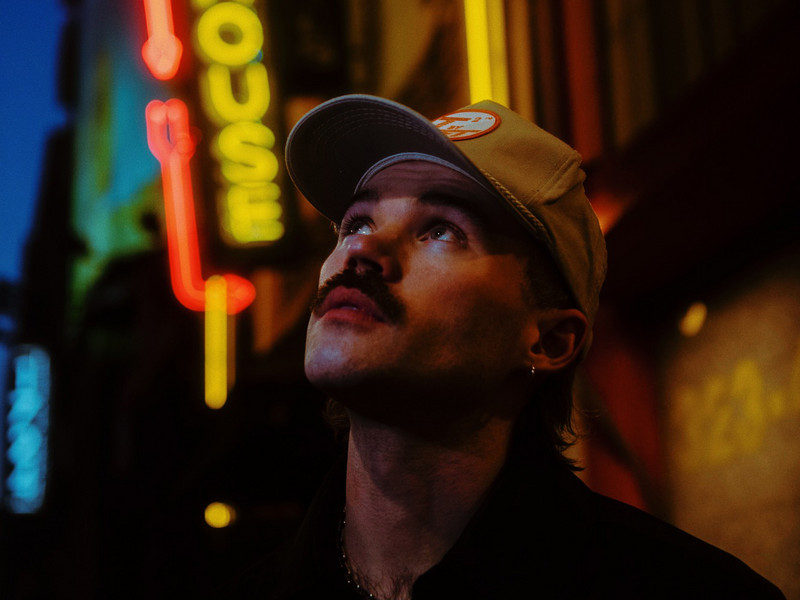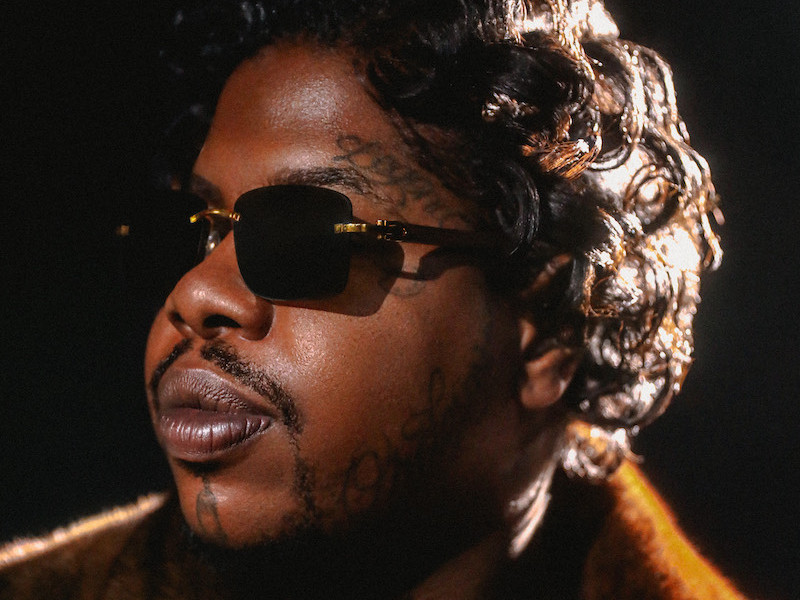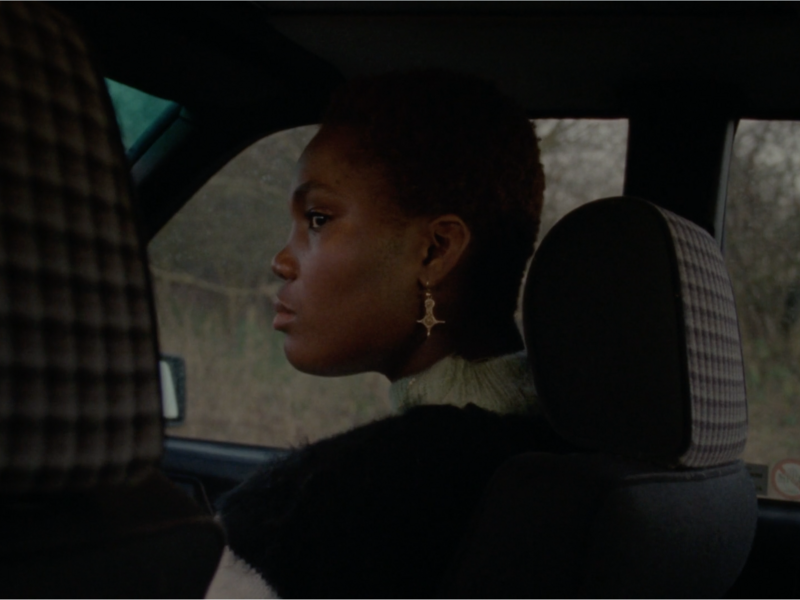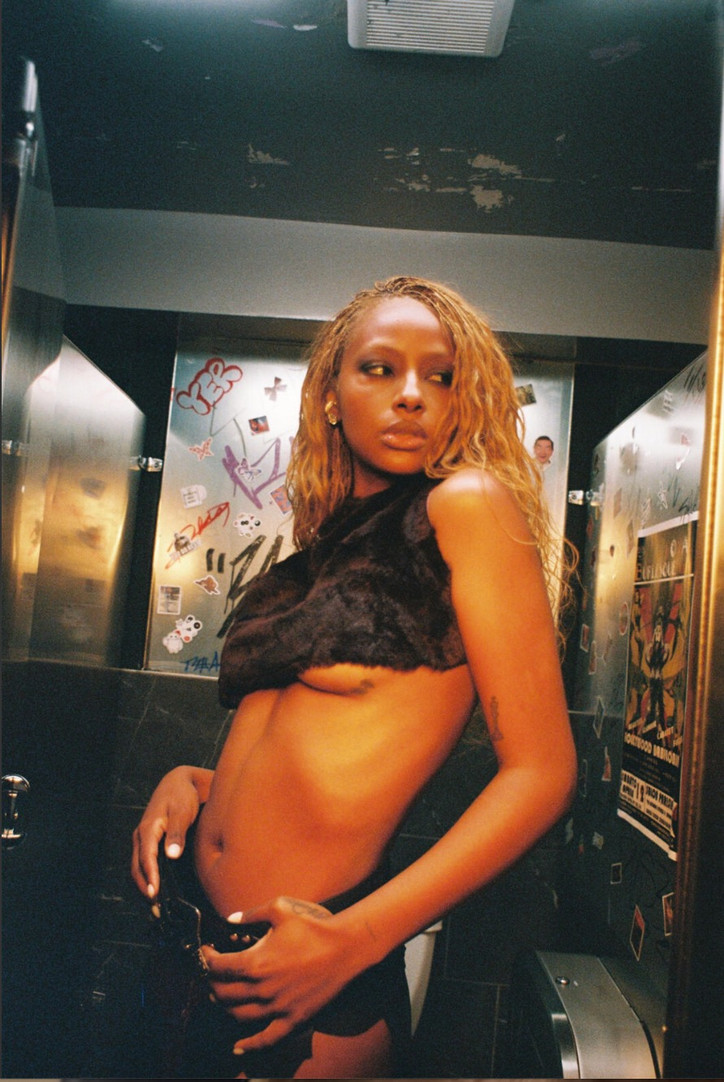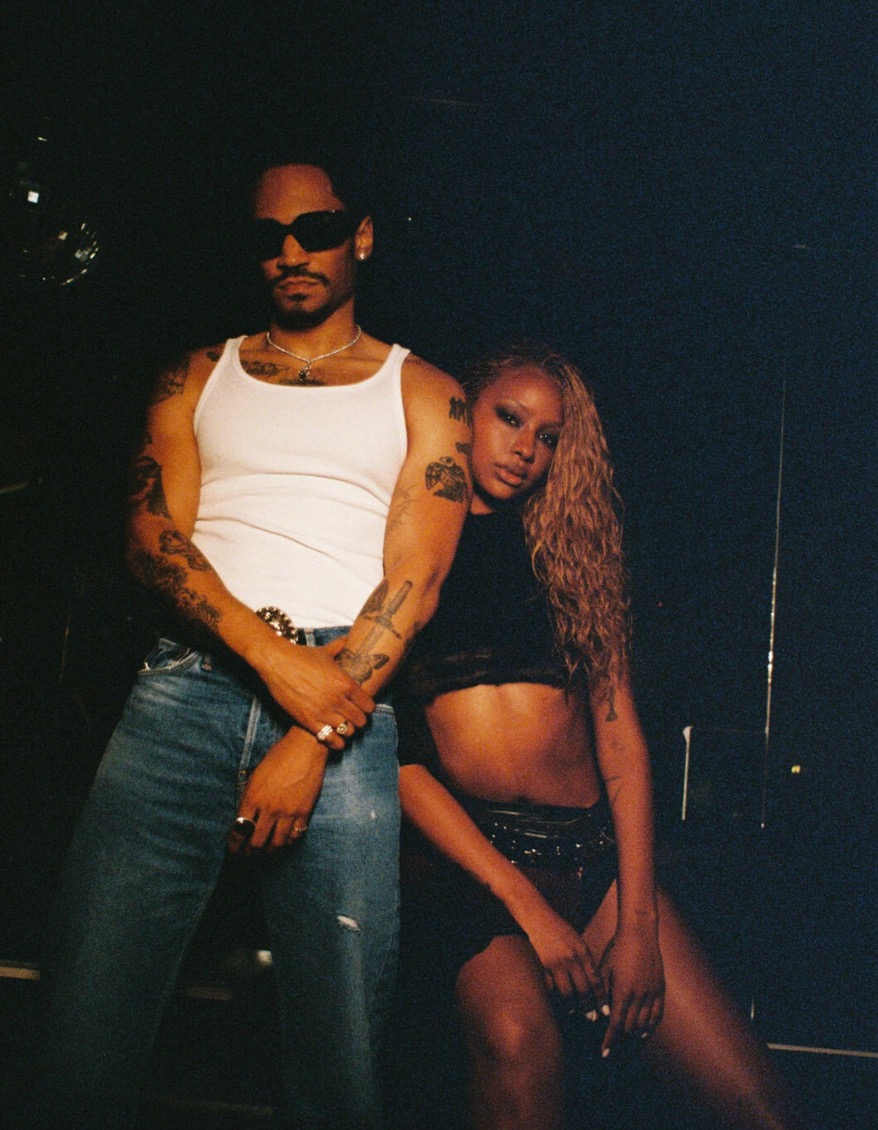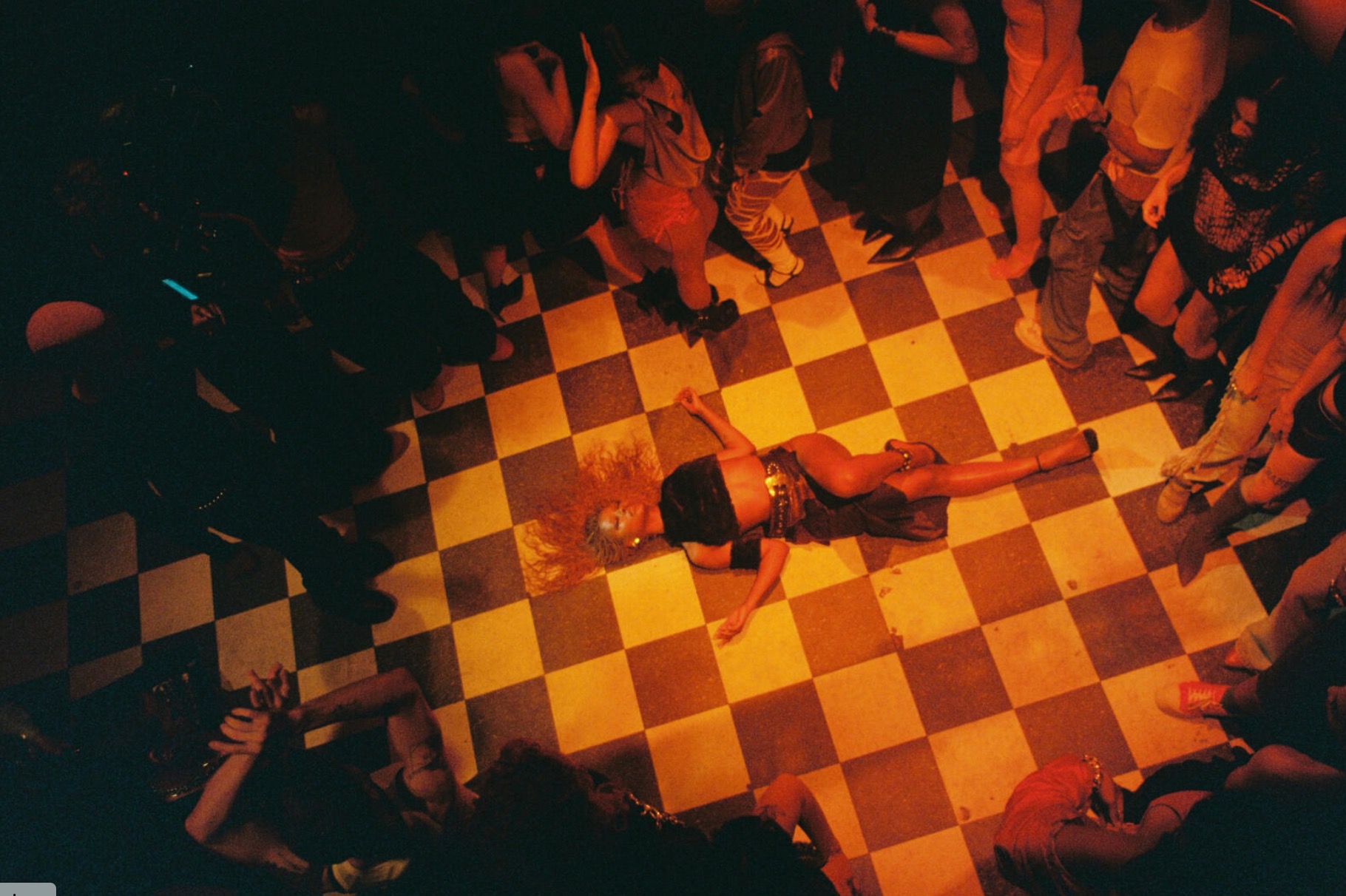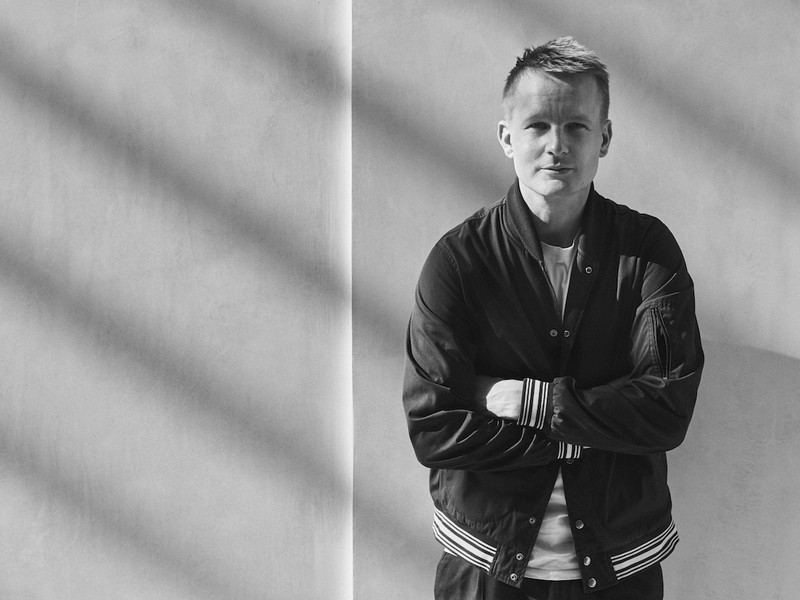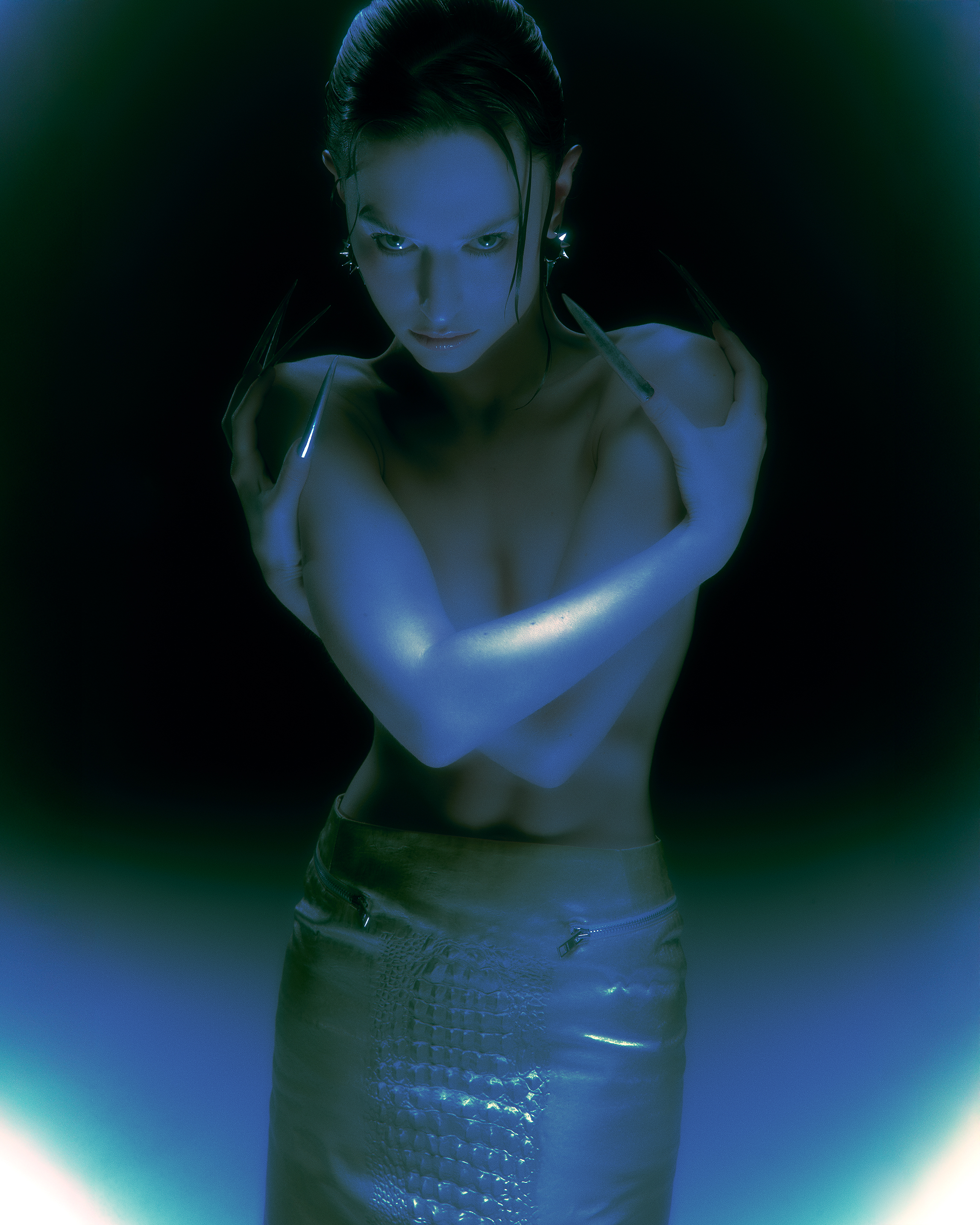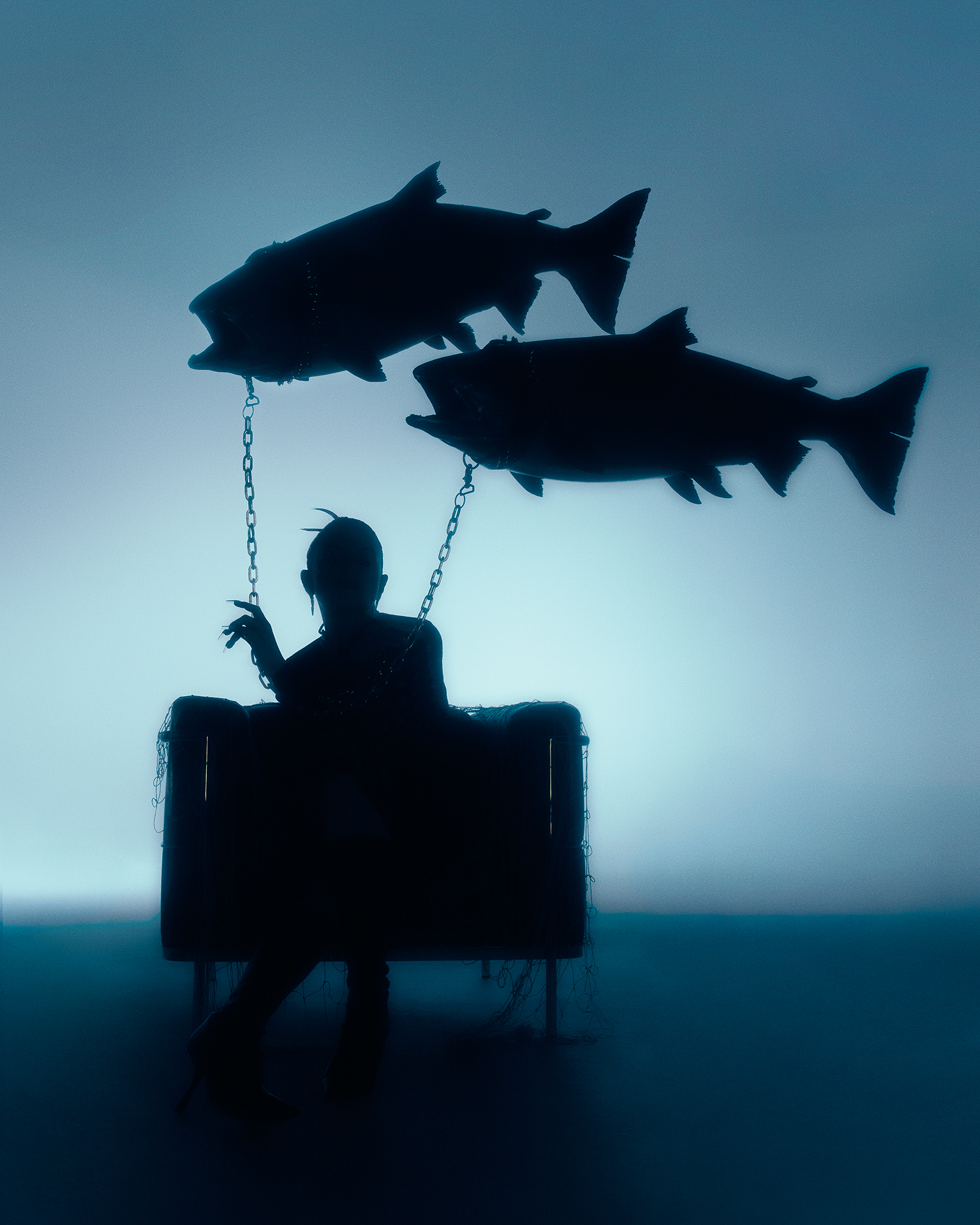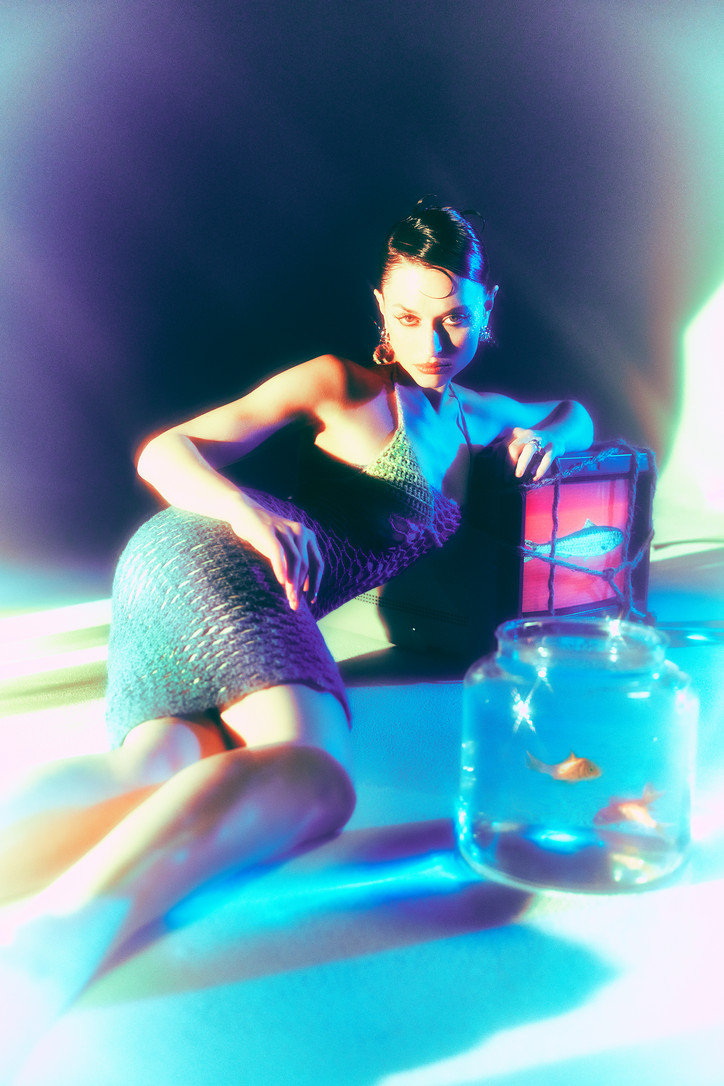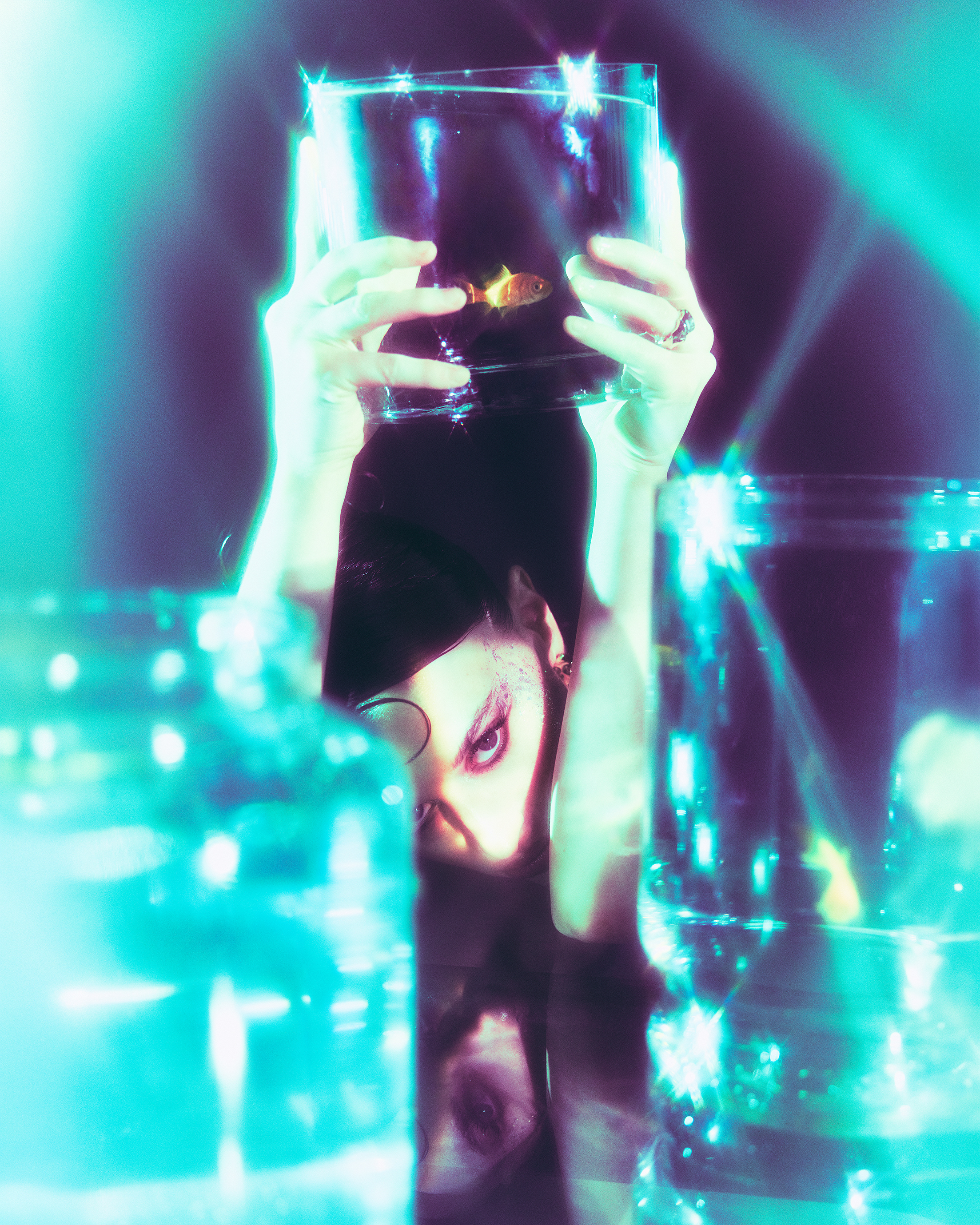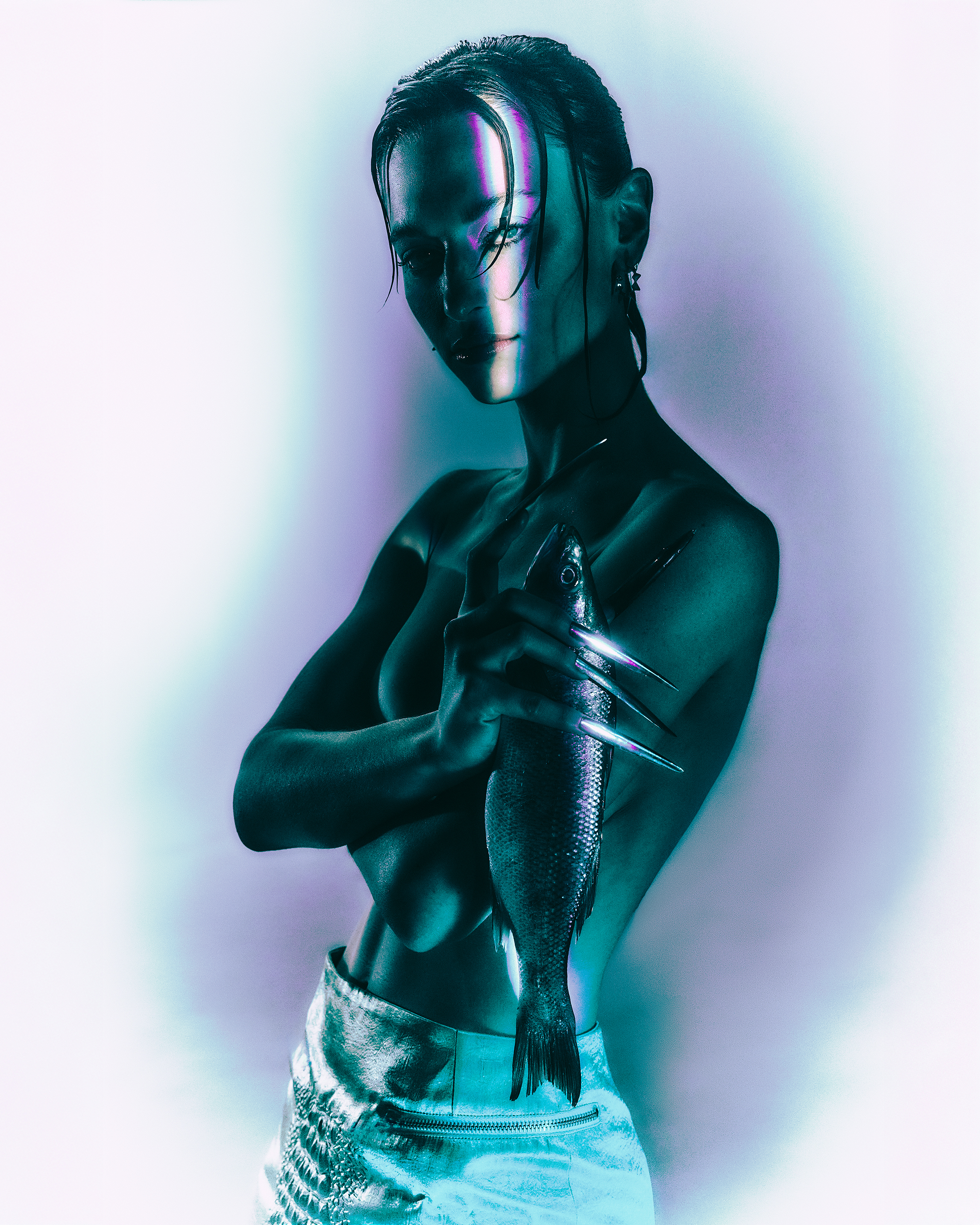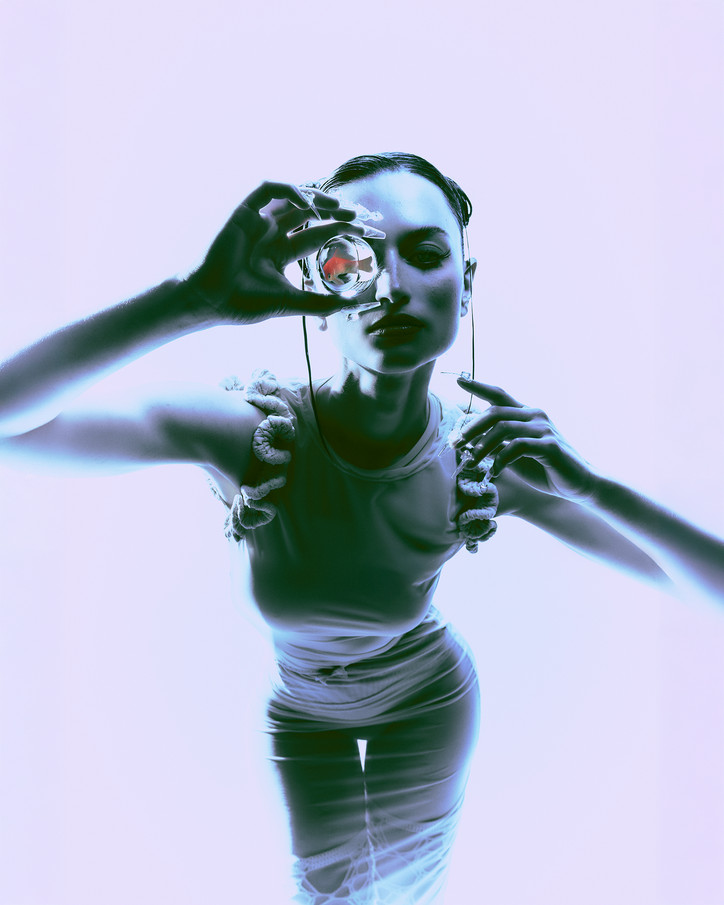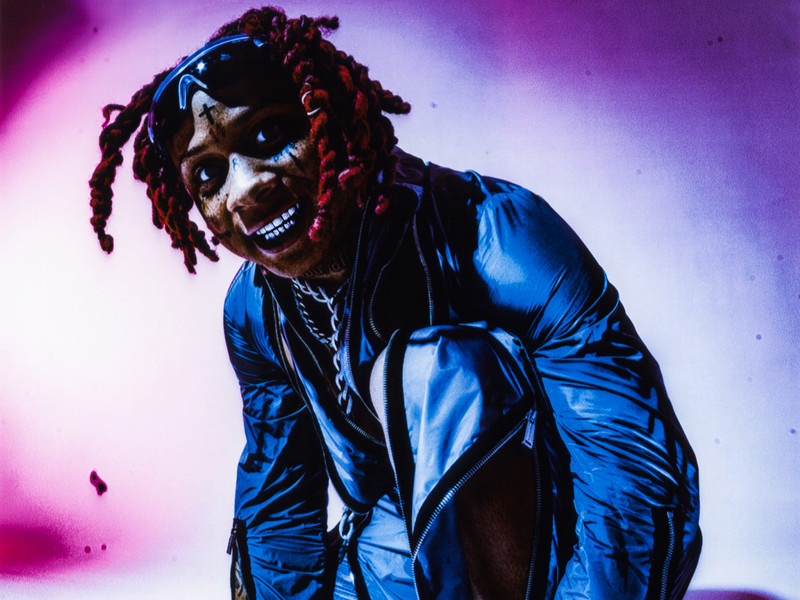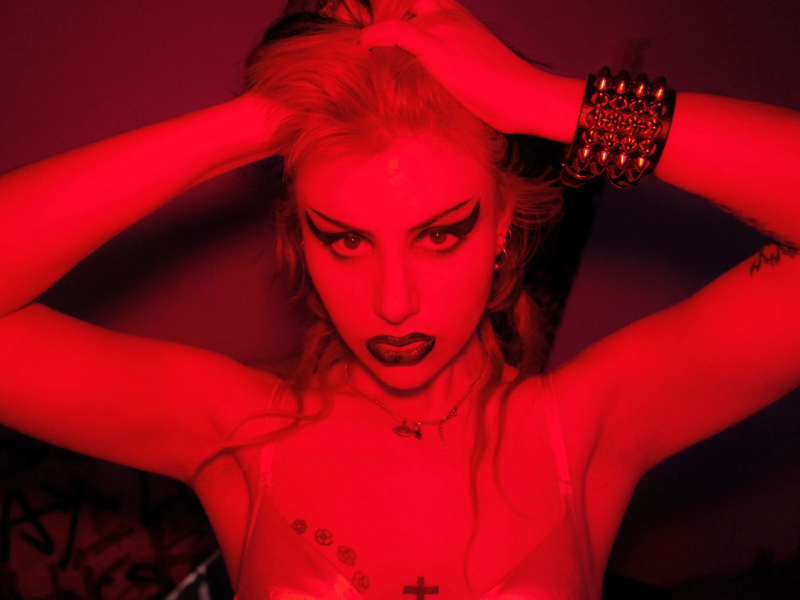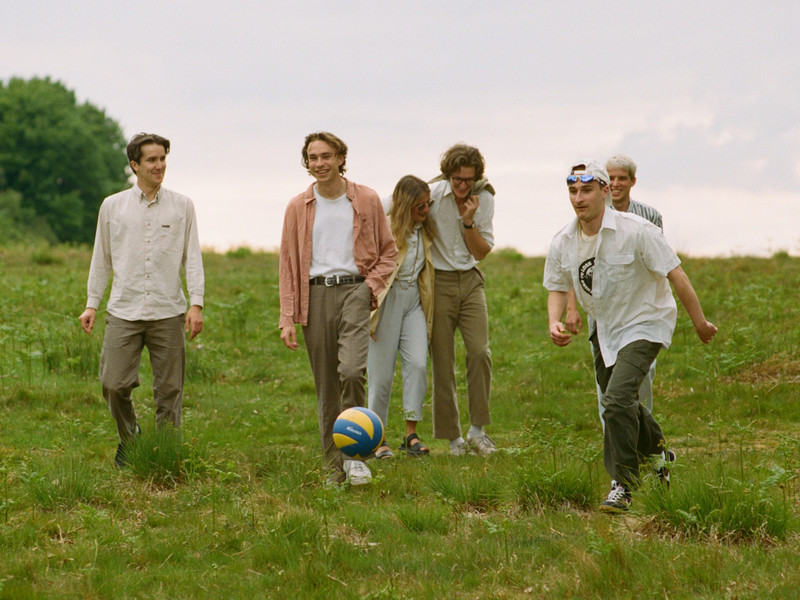Me, Myself & Raleigh Ritchie
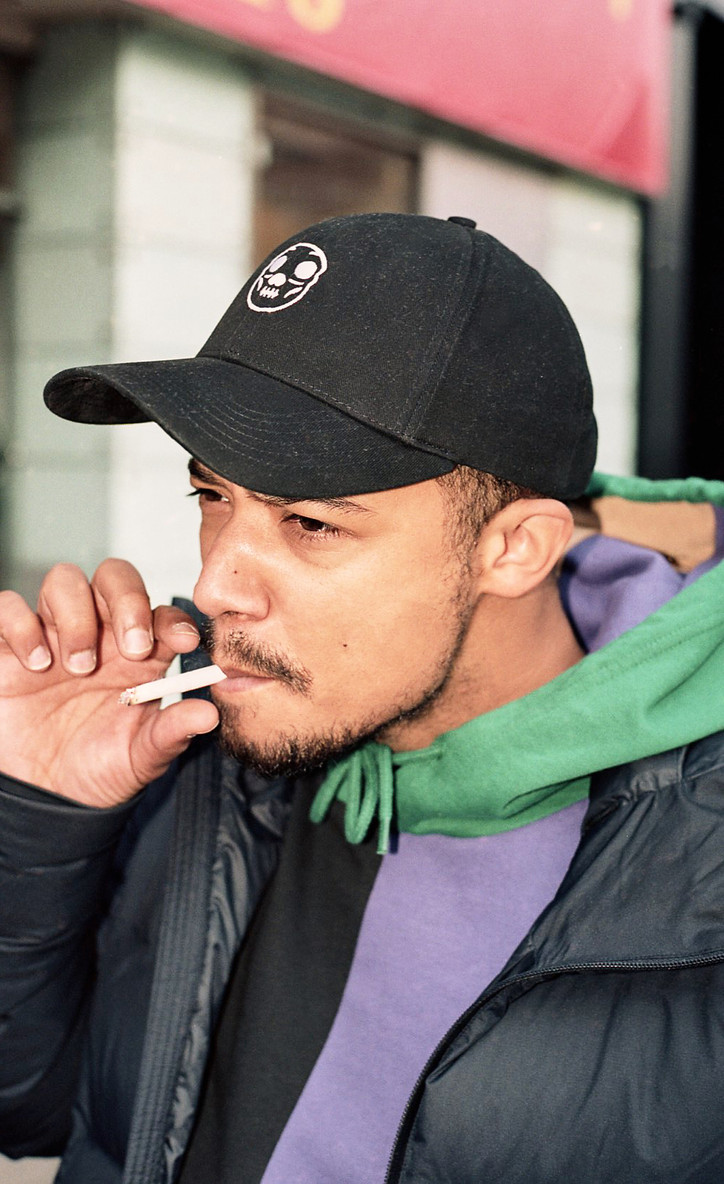
Earlier this month, Ritchie swung by office before the final stop on his U.S. tour, to talk and take a few photos. Read our interview, below.
Tell me a bit about your come up story.
When I was a kid, I felt like I couldn’t really talk to anybody—just a combination of family stuff and being a child of divorce. There were a lot of really adult things going on that nobody really wanted to talk about, and I didn’t really know how to talk about it—I had a lack of vocabulary to talk about. So, I turned to listening to music. As I got older, I would look for musicians who would talk about their lives in a really personal way—not just singing the song of the week or whatever. And looking back, I would always write down how I felt. My exercise books from school were never full of schoolwork—I would take them and write how I felt that day and somehow adapt that to songwriting.
Why is it that it’s always easier to write down your feelings instead of talking about them?
The way I see it, when you write things down, you’re not getting an instant reaction. Say I said, 'Today I’m thinking about death a lot and I’m scared of dying'—if you say that to somebody’s face, you may get somebody trying to talk you out of that feeling, or somebody thinking you’re weird. It’s not necessarily always that—sometimes people try being really supportive, as well—but that doesn’t work either.
I hate when people try to level with me. Maybe it’s more about that feeling of release and less about wanting someone’s opinion.
Exactly! It’s a lack of accountability. My girlfriend’s an actress and she has this thing about if you act in something that you’re filming versus acting in something on stage. When you do something on stage, you have instant praise, but when you’re filming something, you don’t know how people will react to it. With music, you have that same safe feeling as filming. I write with people I trust and when I go away to write the lyrics for a song, I come back and it’s not like people being like, 'Oh why don’t you make it more this, or more that?; Most days later I can say, 'Yeah I did feel like that, and I don’t feel like that now,' but it’s a safe space to express things that maybe I can’t say to my parents or my friends.
How did you meet your band?
It started in a really inorganic way. We had auditions for a band but my MD is a really good guy and I really got a long with him—he understood the person I was, the people I liked to surround myself with and the kinds of shows I wanted to put together. It’s weird, ‘cause I don’t have exactly the same band now, but we just have really good chemistry. We really enjoy each other’s company. I just got really lucky to have people who are my friends now, who I trust and who also trust me.
Yeah you’re lucky enough to find a few good friends, but to have those people also be able to get you closer to your dreams is next level.
It’s the same for producers, as well. Because of the way I write, that trust is really important—to have people who won’t look at you funny or try to steer you in a different direction. My band has been writing with me, coming up with ideas and stuff—you just build that foundation with others who you trust.
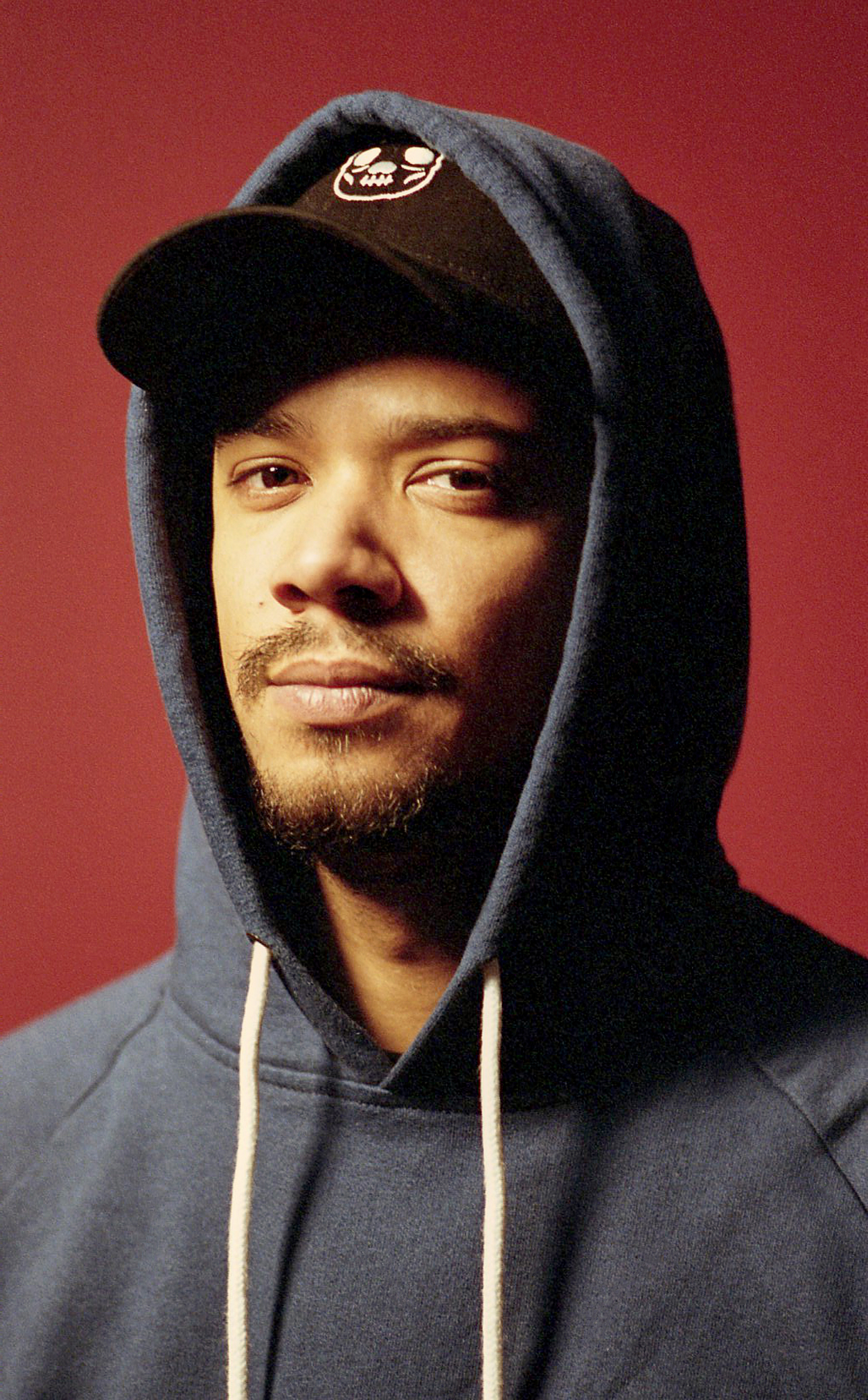
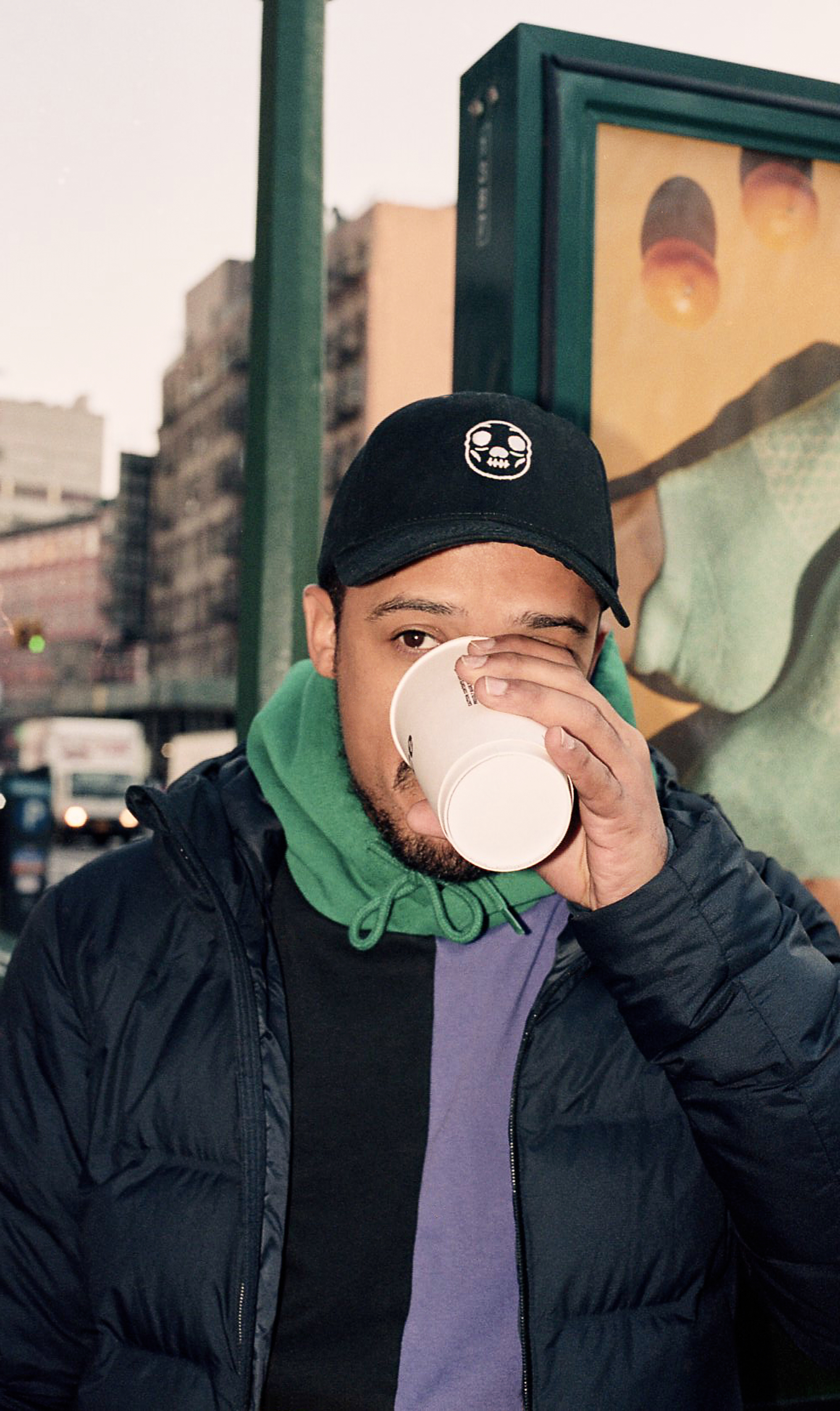
So, how much of your lyrics are collective emotions from you and your band, and how much is all you?
My words are what I’ve got—that’s my thing. But it’s a really difficult process to describe or explain because sometimes I’ll start tinkering on an instrument, or a producer will play some chords and that will remind me of how I felt on a certain day. Specific details seem to trigger other things. But lyrically, it’s very personal to me. It’s weird to share that with a group. It’s like symbiosis—that’s what it feels like. You don’t know where it begins or ends—it just happens.
In that sense, is making music a nonlinear process for you? Is it different every time?
Yes, and no. I’d say if I were to look back on the songs I’ve actually released, they were probably written in a very similar way every time. There are some songs I’ve written that feel very personal and honest which I’ve spent a lot of time trying to finesse and perfect, or whatever, but there are other songs that have just fallen out of me—that you write in one swoop in 40 minutes and you look back like, 'Where did that come from? I guess that really needed to come out.' So, I guess there are two different things—songs that you agonize over and then songs that just kind of happen.
Do you think that the two different kinds of processes—whether it’s spilled out or pried—has any different reception amongst your fans?
No, not really. The songs that don’t come from that place of needing to come out never actually make it on a record. The ones that I put out are the same ones I’m most scared to share. Inevitably, I think they are the best songs in the end.
I was watching the Billboard Awards and one winning artist said that while it was her best year career-wise, it was also her worst year personally. I wanted to know if you felt the same way with those tracks that you get scared to release.
My therapist would tell me, 'Pain is not what makes your music good.' I’m trying to learn that I don’t need to be in pain to make music, but at the same time, that’s when I need to make music. It’s like an exorcism. I’m not somebody to just sit down and write a song. For this album, we’ve been going away for a week or two at a time, just writing. And some of the days we’re just sitting around playing Mario Kart because it’s just not there. I don’t hoard lyrics—I write them as I’m thinking them. Sometimes I’ll go back and edit, but mostly it’s just stream of consciousness. So, yeah, it’s a weird dichotomy. Myself, as a human being, I don’t want to thrive on pain, but as a musician, my inspiration often comes from a place of hurt.
It sounds like a viscous cycle. In that sense, do you sometimes try to find the worst in situations for inspiration?
If I’m being really honest, I’m definitely guilty of that. I think that then eats into trying to do something versus doing something you have to do. There are times where I’ve done that then I go to a point where I can’t go any further because I’m trying to squeeze something that’s not there.
Definitely. I feel like the listener can always tell the difference between what’s real and what’s not.
Exactly. I know when I’m lying and when I’m telling the truth—and I never want to release something that’s a lie. I would never put out a song like, 'Oh, I’m so fucked up,' if I wasn’t feeling fucked up. You can’t take your listeners for dickheads. When I was younger, I was like a music detective and I would just move on if I thought someone was being disingenuous.
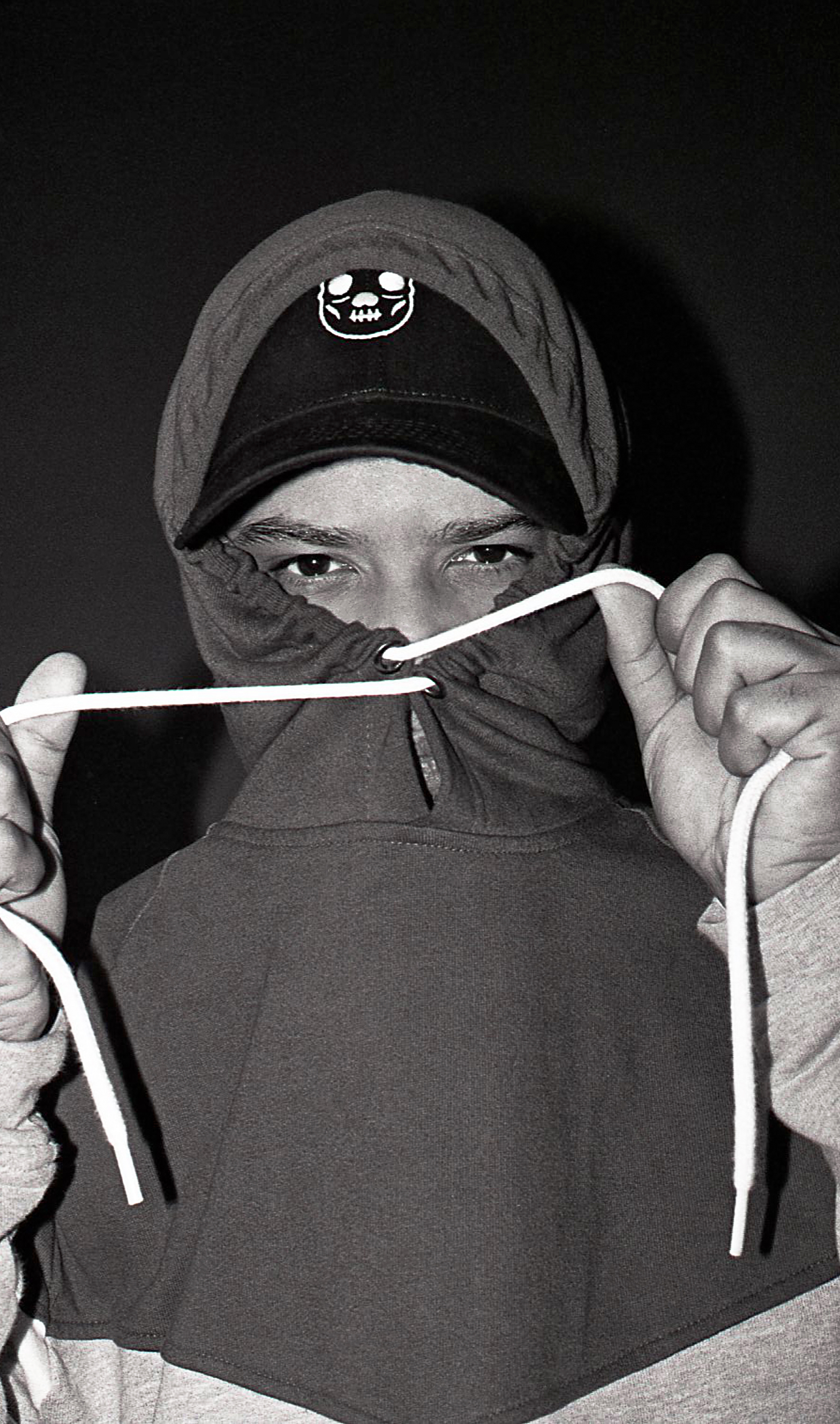
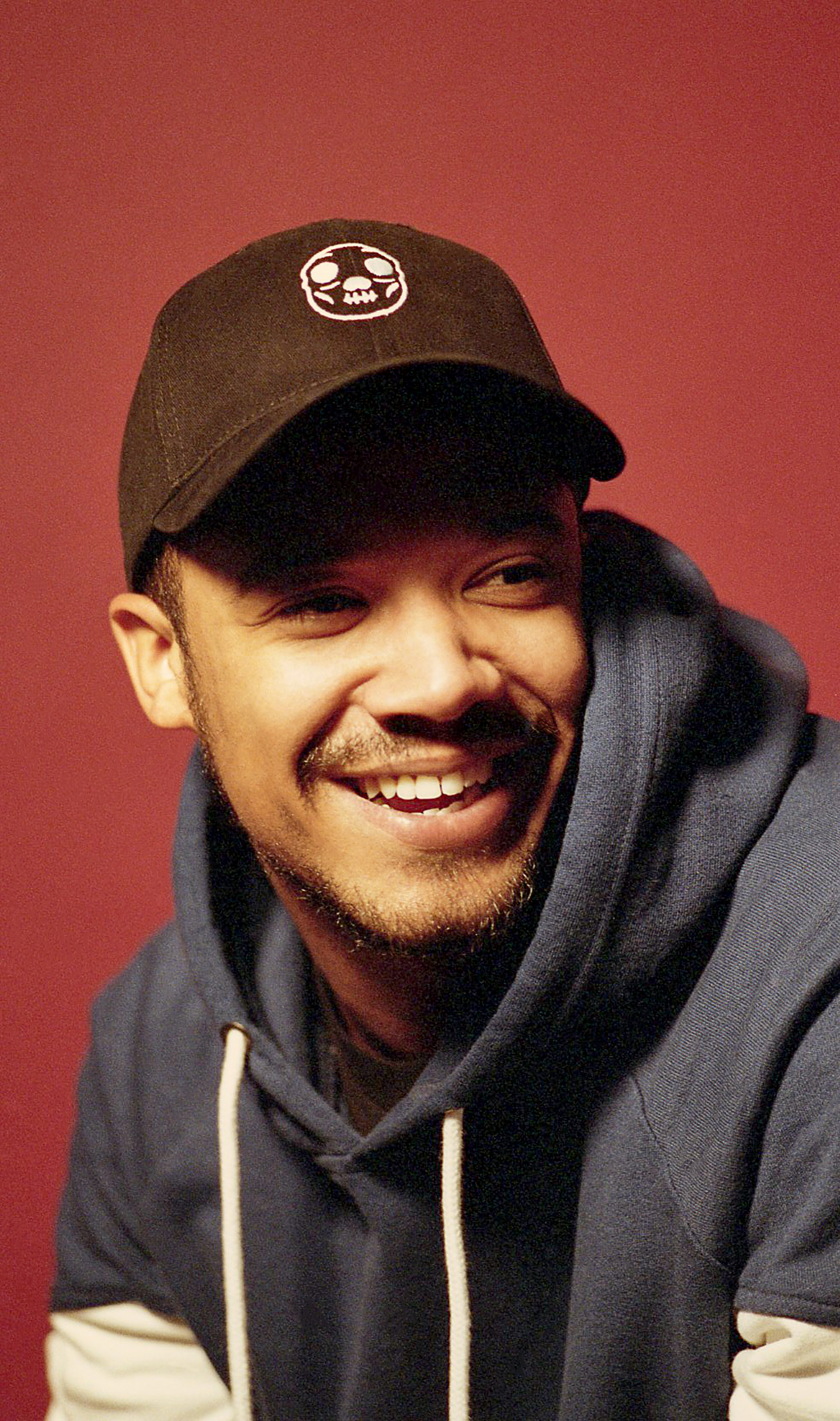
Name one thing that you’ve recently listened to that you felt was really honest.
Okay, so it’s not a recent song, but there is a song called, "Powerful Love." It’s not a song about mental illness or anything—it’s a love song, but there’s one bit where he sings, 'Baby try it my way.' I don’t remember the word for it, but there’s a word that defines when the music and the words tell the same story. Whenever I hear that song, I hear it in my stomach.
We all just really yearn for a sort of connection—through whatever medium.
Yes! We all want to recognize ourselves. We want our stories and our music to be a mirror. I think as people we want to relate to other people and sometimes the safest place to do that is through your headphones. There’s a Björk quote, I don’t know exactly how it goes, but it’s something like, 'All good art is art that understands you.' I really get that through touring. I really feel understood.
You just toured throughout the UK, now a bit throughout America. Tell me, is there a difference between the two crowds?
No, and it’s funny when I first started touring people would be like, 'Oh with London crowds you have to work a bit harder. They’ll cross their arms and be on their phones,' or 'You really have to impress LA crowds. The same thing with New York.' Then I did a show at Bowery Ballroom and it was the best show—just a really warm crowd. I don’t think there’s a difference between geographical lines. Not to big myself up, but that’s what I want to achieve—I want my shows to feel like we are all sharing something, despite where we are from and all of the politics. I find that my shows are really eclectic, and I love that.
That's really representative of your sound, as well. I feel like you're inspired by so many different genres. If you had to describe your sound through three movie titles, which would you choose?
I’ll give you two examples: first, Jurassic Park, because it’s the idea of bringing something old and trying to update it—sometimes it gets a bit out of control, but there’s something really special about it. Second, The Apartment, because I think that film is a comedy, drama and romance story about mental illness that crosses all of these different lines while still balancing all of the different aspects. That’s what I want to do. I don’t know if I’ve exactly mastered it yet, though.
You’ve been acting and doing music for a long time, but I feel like everything we’ve talked about almost transcends those realms. So, I'm curious—what do you want to be remembered for?
I’m still trying to work that out. I just hope that I put something out into the world that’s honest and helps other people to be honest with themselves and those they care about. I hope I can help people work through some shit. I hope I can help people feel understood.
Listen to Raleigh Ritchie here.

